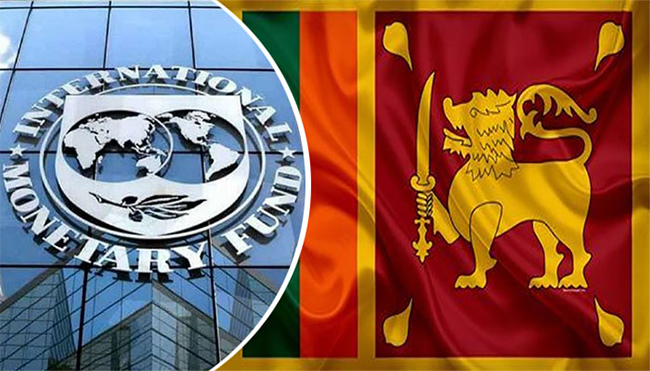The International Monetary Fund’s (IMF) stringent focus on an arbitrarily set primary balance target in Sri Lanka’s budget is exacerbating the country’s debt situation, warns an economic analyst. IMF Staff Mission Chief Peter Breuer emphasized the importance of achieving a 2.3 percent primary balance target of Gross Domestic Product (GDP) in his recent review statement.
To meet this target, Sri Lanka must increase revenue by raising taxes and cutting spending, which involves selling state assets, reducing subsidies, and cutting welfare for the needy and small businesses struggling in the global market. Breuer’s insistence on these measures in the upcoming budget highlights the significant influence the IMF has over Sri Lanka’s internal governance.
Despite Sri Lanka outperforming its revenue targets and showing economic recovery with a 5.3 percent growth in the first quarter, high taxes are hindering the country’s full economic potential, the analyst argues. The focus on the primary balance detracts from addressing higher debt service payments, especially from foreign commercial debt accrued between 2015 and 2019, which peaked in 2022.
New debt to bridge the budget deficit will likely come from commercial sources, as the IMF has enforced a constitutional framework limiting the Central Bank’s ability to fund the government except in emergencies, determined by a non-parliamentary entity. This was further solidified by the recent Public Finance Management Act, which emphasizes primary balance and expenditure but remains silent on debt service payments.


